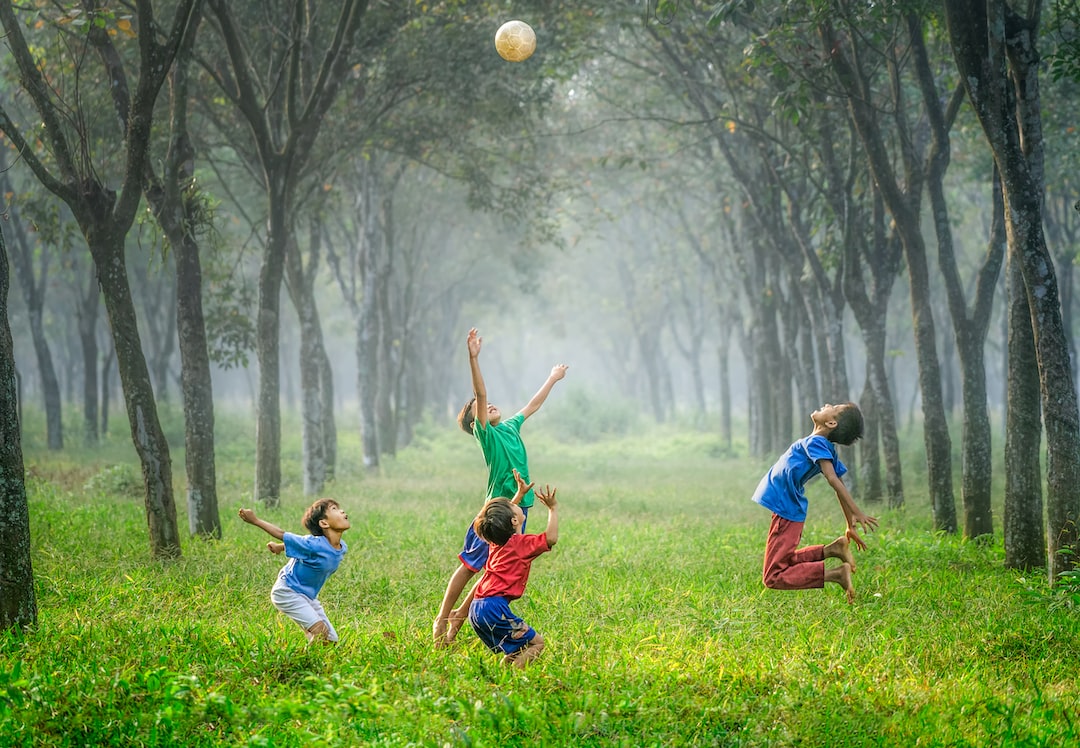The Impact of Outdoor Education on Student Development
In recent years, there has been a growing recognition of the importance of outdoor education in fostering the holistic development of students. Outdoor education refers to learning experiences that take place beyond the confines of the classroom, allowing students to directly engage with the natural environment and participate in activities that promote physical, emotional, and social development. From enhancing academic performance to building life skills, outdoor education has a profound impact on the overall development of students.
One of the key benefits of outdoor education is its positive impact on academic performance. Numerous studies have shown that learning in an outdoor setting can enhance students’ cognitive abilities, problem-solving skills, and critical thinking. When students are exposed to real-life situations and challenges in an outdoor setting, they are presented with opportunities to apply their knowledge to practical situations. This hands-on approach to learning not only increases their engagement but also helps them develop a deeper understanding of the subject matter. Additionally, learning in an outdoor environment stimulates curiosity and fosters a sense of wonder, motivating students to explore and discover new things independently. As a result, they become more active and enthusiastic learners, which translates into improved academic performance.
Moreover, outdoor education provides students with valuable life skills that are essential for their personal and professional development. Through outdoor activities such as camping, hiking, and team-building exercises, students learn important skills such as problem-solving, leadership, teamwork, and communication. These skills are not only relevant in outdoor settings but also highly transferable to everyday life and future careers. For example, when students work together to navigate a challenging hiking trail or complete a team-building activity, they learn the importance of collaboration, effective communication, and mutual support. These skills are crucial for success in any field and can greatly contribute to students’ personal growth and future prospects.
In addition to academic and life skills, outdoor education also has a significant impact on the social and emotional development of students. Spending time in nature has been proven to reduce stress, anxiety, and depression, leading to improved mental well-being. The natural environment provides a sense of calmness and tranquility, allowing students to unwind and recharge. Furthermore, outdoor education promotes social interaction and fosters meaningful relationships among students. Whether it’s pitching tents together during a camping trip or working collaboratively on a group project, students have numerous opportunities to connect with their peers and develop social skills such as empathy, teamwork, and conflict resolution. These social skills are essential for building positive relationships, enhancing self-confidence, and developing emotional intelligence.
In conclusion, outdoor education has a profound impact on the holistic development of students. From improving academic performance to fostering life skills and promoting social and emotional development, learning in an outdoor setting provides students with unique and valuable experiences. As educators and parents, it is important to recognize the importance of outdoor education and provide opportunities for students to engage with nature and participate in outdoor activities. By doing so, we can empower students to become well-rounded individuals who are equipped with the knowledge, skills, and resilience needed to thrive in an ever-changing world.

